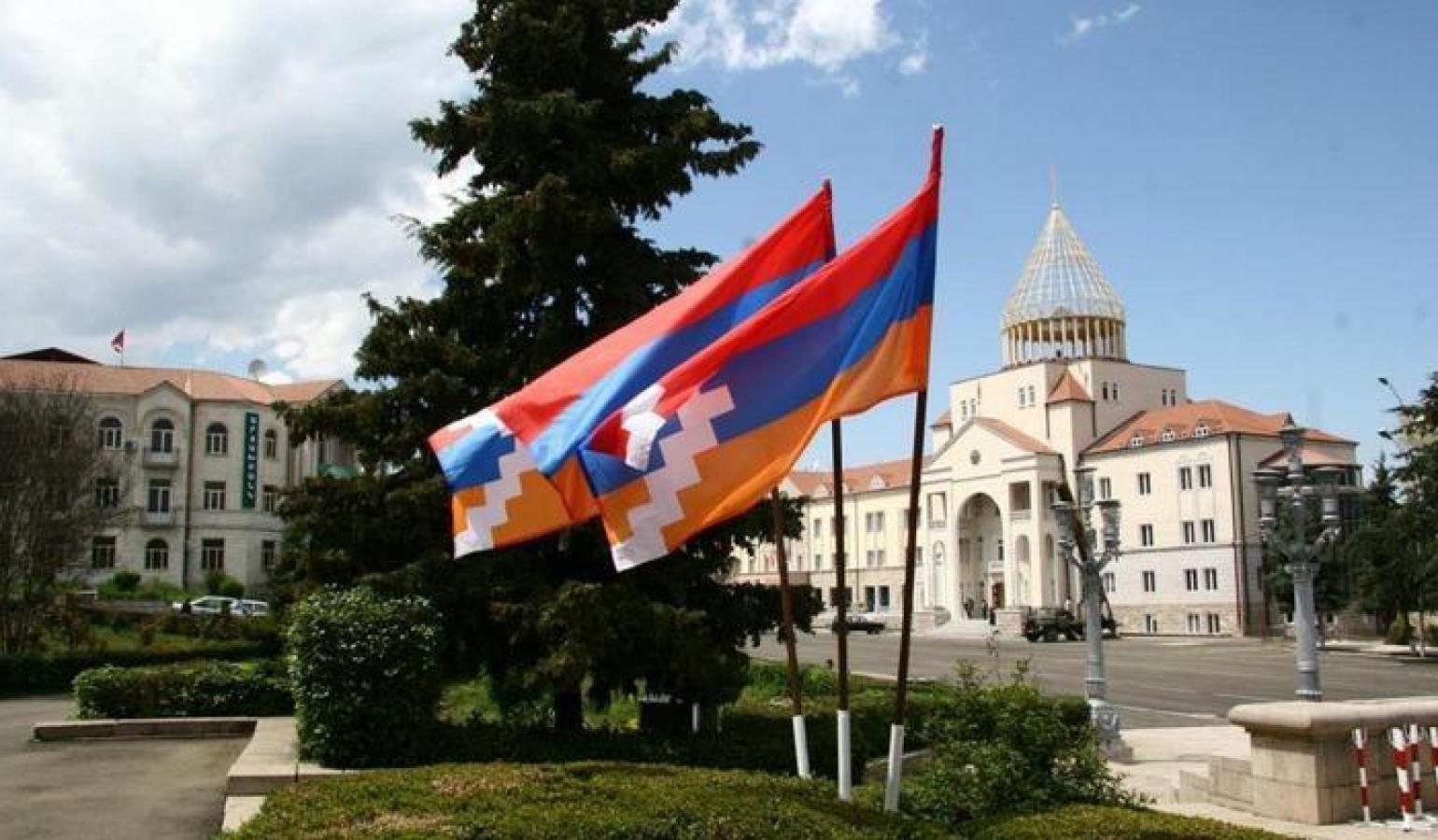
Former Artsakh President gives statements under pressure during January 17 court session. During the January 17 court session, the former President of Artsakh made statements related to the 44-Day War, allegedly under duress. Azerbaijani media reported that Arayik Harutyunyan expressed "regret" for the decision to target Ganja with missiles during the 2020 war and claimed that he had not made the decision. Armenian political circles believe these testimonies could be used against Armenia's Prime Minister, Nikol Pashinyan.
In an interview with the "Diary" program on 5th Channel, Siranush Sahakyan, head of the "International and Comparative Law Center," addressed Azerbaijan's methods of extracting testimonies, describing them as a common practice. "I don't believe Arayik Harutyunyan or other leaders have been exclusively targeted. This approach has been universally applied to all prisoners of war and civilian captives. There is a clear pattern here," Sahakyan stated.
She also highlighted that these testimonies are written by Azerbaijani special services and coerced from captives under extreme duress, including threats on their lives.
Speaking about the ongoing trials in Azerbaijan, Sahakyan emphasized that they will not be recognized or legitimized outside of Azerbaijan, and the judicial acts issued during these processes will also lack legitimacy.
"The primary goal of these trials is to punish the former and current military-political leadership of Artsakh for their activities aimed at preserving Artsakh's statehood. However, we must also understand that these trials are not solely about individuals—they aim to condemn the right to self-determination for Artsakh itself. It's not just the former leaders on trial; it's the very principle of Artsakh's self-determination," Sahakyan noted.
Armenia’s lack of political engagement in processes involving Armenian hostages in Azerbaijan.
In the ongoing processes concerning Armenian hostages in Azerbaijan, Armenia's political engagement has been noticeably absent. "International law provides specific regulations for cases where a foreign citizen is deprived of liberty not in their home country but in another state. These regulations guarantee that the state of citizenship is informed about such detentions or prosecutions, followed by the opportunity to exercise its rights," stated Siranush Sahakyan, head of the "International and Comparative Law Center."
She explained that there is a right to consular visits in such cases. However, given the strained Armenian-Azerbaijani relations, consular or diplomatic visits were not possible. Nevertheless, Armenia had the opportunity to collaborate with other embassies accredited in Azerbaijan. International law provides mechanisms for delegating this right, allowing other diplomatic representatives to conduct visits on behalf of the country of citizenship.
"Such efforts were not made, and no visits took place. During this entire period, all our hostages remained completely isolated from the outside world. This created conditions for any treatment, including coercion, to be inflicted upon them," Sahakyan emphasized.
Azerbaijan’s charges against Armenians: war crimes, genocide, and political implications
Armenians in Baku are being accused of crimes against humanity, war crimes, acts of aggression, genocide, forced displacement, persecution, torture, and military looting. Siranush Sahakyan, head of the "International and Comparative Law Center," asserts that these accusations are deliberate: "If Azerbaijan refrains from presenting charges of armed group activities, it would have to recognize the statehood of Artsakh, along with its regular army committed to defending the state's borders."
Artsakh, which declared independence over 30 years ago, has demonstrated statehood and participated in international relations. It has signed agreements also signed by Azerbaijan, received financial assistance from various countries, and independently engaged in international discussions. These characteristics cannot be attributed to terrorist organizations or armed groups, which are typically listed and sanctioned internationally.
Sahakyan highlights the absurdity of Azerbaijan’s narrative: "Labeling a state that has received international support and funding as a terrorist organization is nonsensical."